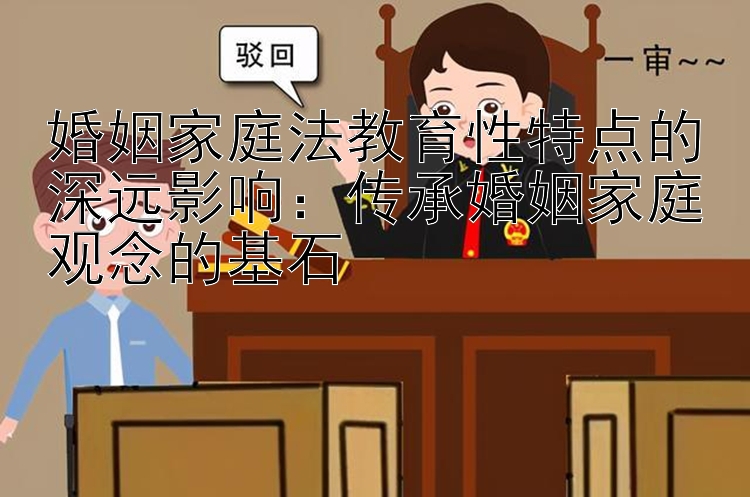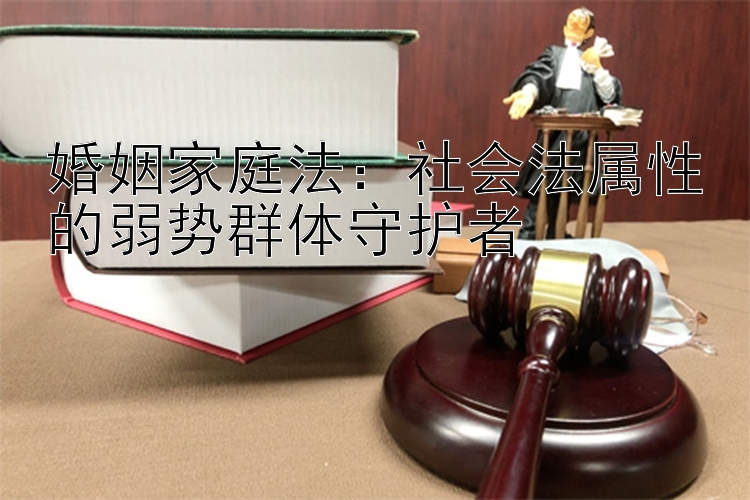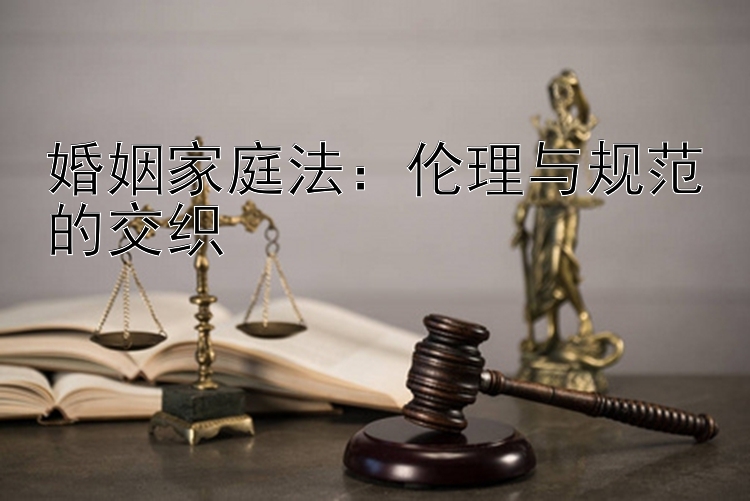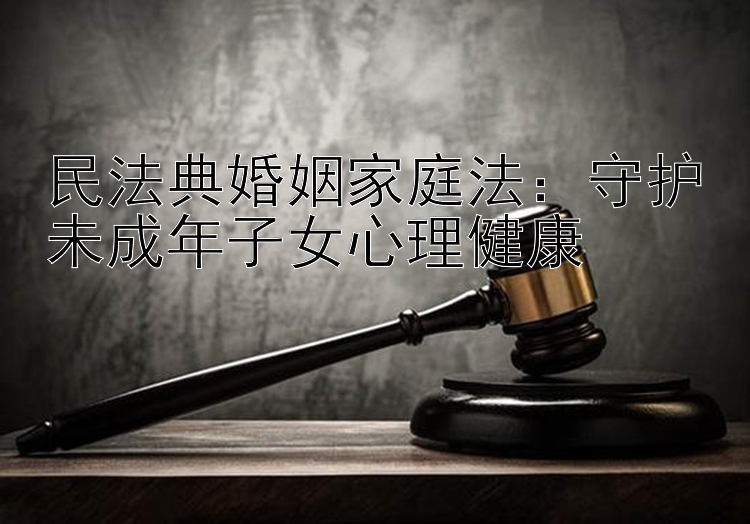《民法典婚姻家庭法中财产约定再审审查条款的深入解读》
《中华人民共和国民法典》是新中国成立以来第一部以“典”命名的法律,其中包含了对婚姻家庭法的重新规定和修订。本文将重点探讨《民法典》中的财产约定再审审查条款,分析其含义、适用范围以及司法实践中的应用情况,并辅以典型案例进行说明。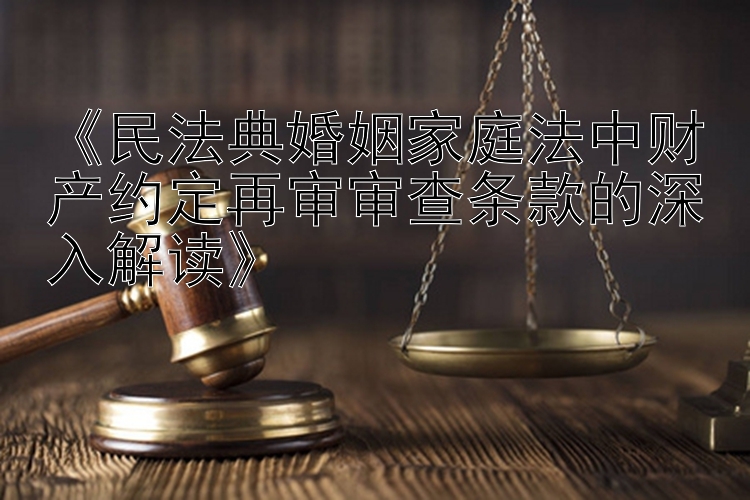
一、财产约定再审审查条款的基本内容
《民法典》第1065条规定了夫妻之间的财产约定制度,该条明确指出:“男女双方可以约定婚姻关系存续期间所得的财产以及婚前财产归各自所有、共同所有或者部分各自所有、部分共同所有。约定应当采用书面形式。没有约定或者约定不明确的,适用本法第一千零六十二条、第一千零六十三条的规定。”这一条款为夫妻双方提供了较大的自由度,允许他们根据自己的实际情况和经济条件,灵活地安排和管理他们的财产。
在《民法典》中,与财产约定相关的再审审查条款主要体现在
- ay
- 2023-06-14
《中华人民共和国民法典》是新中国成立以来第一部以“典”命名的法律,其中包含了对婚姻家庭法的重新规定和修订。本文将重点探讨《民法典》中的财产约定再审审查条款,分析其含义、适用范围以及司法实践中的应用情况,并辅以典型案例进行说明。
一、财产约定再审审查条款的基本内容
《民法典》第1065条规定了夫妻之间的财产约定制度,该条明确指出:“男女双方可以约定婚姻关系存续期间所得的财产以及婚前财产归各自所有、共同所有或者部分各自所有、部分共同所有。约定应当采用书面形式。没有约定或者约定不明确的,适用本法第一千零六十二条、第一千零六十三条的规定。”这一条款为夫妻双方提供了较大的自由度,允许他们根据自己的实际情况和经济条件,灵活地安排和管理他们的财产。
在《民法典》中,与财产约定相关的再审审查条款主要体现在以下几项法律规定中:
- **
- 2023-06-14
The content of the property agreement review clause in the Civil Code's Marriage and Family Law is as follows:
In Article 1065 of The Civil Code, it is stipulated that "Both men and women can agree that during the period when the marriage relationship exists, the property obtained shall belong to each other respectively, jointly or partially to each other and partially joint ownership. The agreement should be made in written form. If there is no agreement or if the agreement is unclear, the provisions of Articles 1062 and 1063 of this law will apply." This provision provides a great deal of flexibility for both spouses to arrange and manage their properties according to their actual circumstances and economic conditions.
The relevant provisions related to the review clause for property agreements are mainly reflected in the following legal regulations:
-
Article 1065 (Agreement on Property Ownership): Couples may agree to separate or pool their assets through a legally binding contract. Such an agreement must be made in writing and can cover both marital and premarital possessions. If no such agreement is reached or the terms are ambiguous, the default rules regarding property division upon divorce would apply.
-
Article 1092 (Grounds for Divorce): One of the grounds for divorce includes a situation where one spouse has committed serious misconduct that leads to a breakdown of the marriage. In cases involving financial mismanagement or breach of trust under a property agreement, this article could come into play.
-
Article 184 (Review Procedures for Civil Judgments): This article outlines the procedures by which parties who believe they have been wrongly judged may petition higher courts to reexamine their case. It is within these parameters that disputes over the interpretation or enforcement of property agreements might be revisited at a later date.
-
Case Law Development: As with many areas of family law, judicial interpretations and precedents also shape how property agreements are reviewed and enforced. For instance, some court decisions might establish guidelines for what constitutes a valid reason to challenge a previously agreed-upon arrangement.
Example Case:
In [Case Name], the couple had entered into a detailed prenuptial agreement that outlined how their assets were to be divided in the event of divorce. However, after separation proceedings began, one party claimed that certain aspects of the agreement were unconscionable and sought to have them revised. Through the application of the abovementioned articles and considerations of equity, the court determined whether the original agreement was fair given all circumstances surrounding its creation and subsequent execution. Ultimately, parts of the agreement were upheld while others were modified based on evidence presented during litigation.
